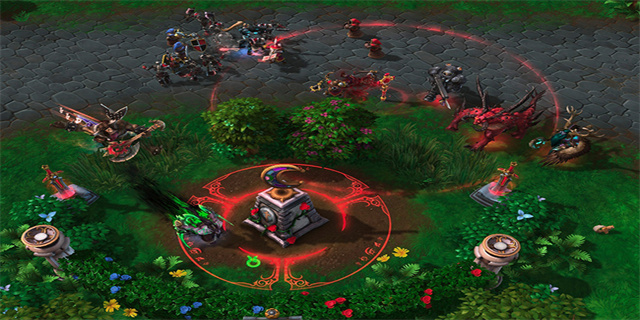martian(Martian A Fascinating World Waiting to be Explored)
Martian: A Fascinating World Waiting to be Explored
The Red Planet: A Mysterious Neighbor
Mars, also known as the Red Planet, has captured the imagination of scientists and space enthusiasts for centuries. As Earth's nearest planetary neighbor, Mars is a subject of great curiosity and interest. With its resemblance to Earth in terms of size and geological features, many scientists believe that Mars might be able to support life, making it a potential destination for human colonization in the future.

The Martian Landscape: A Playground for Geologists
One of the most intriguing aspects of Mars is its diverse landscape. From vast, arid deserts to towering volcanoes and deep canyons, the Red Planet has a geology that rivals Earth's. The planet's most recognizable features include Olympus Mons, the largest volcano in the solar system, and Valles Marineris, a colossal canyon system stretching over 4,000 kilometers. Exploring these geological wonders would provide invaluable insights into the history and formation of Mars, as well as shed light on the possibility of past or present life.

Unraveling the Mysteries: The Search for Life on Mars
One of the main reasons scientists are so fascinated by Mars is the potential for life. While no concrete evidence has been discovered yet, Mars has several features that suggest the possibility of past or present habitability. The presence of water ice in the polar regions and the existence of ancient riverbeds and deltas point to the likelihood of a wetter Martian past. This raises the question: could microbial life have existed or even thrived on Mars? Numerous missions, such as the Mars rovers Curiosity and Perseverance, are actively working on answering this question by analyzing the Martian soil and searching for organic compounds.
Furthermore, with the discovery of subsurface lake systems on Mars, there is renewed hope for the presence of liquid water, which is a vital ingredient for life as we know it. The potential discovery of any form of life, even microbial, on Mars would have significant implications for our understanding of the origins and prevalence of life in the universe.
The Journey Ahead: Human Exploration and Colonization
While the search for life on Mars is ongoing, scientists are also laying the groundwork for human exploration and potentially colonization. Despite the numerous challenges such a mission poses, including the harsh Martian environment, prolonged isolation, and the need for self-sustaining habitats, there is growing interest in sending humans to Mars.
ESA (European Space Agency), NASA, and private space companies like SpaceX have proposed ambitious plans for manned missions to the Red Planet. These missions would not only allow for in-depth investigation of the Martian environment and potential resources but also serve as stepping stones for future colonization efforts. The technological advancements and knowledge gained from such missions would have far-reaching benefits for humanity and pave the way for a multi-planetary future.
In Conclusion
Mars, with its similarities to Earth and its potential for supporting life, remains one of the most captivating subjects of scientific exploration. From its stunning landscapes to the search for signs of past or present life, the Red Planet offers scientists and space enthusiasts an infinite playground for discovery. As our understanding of Mars grows, so does the excitement and anticipation for future missions - one that might eventually see humans stepping foot on Martian soil, expanding our horizons, and unraveling the mysteries of this fascinating world.
Martian: A Fascinating World Waiting to be Explored The Red
2024-01-19



















